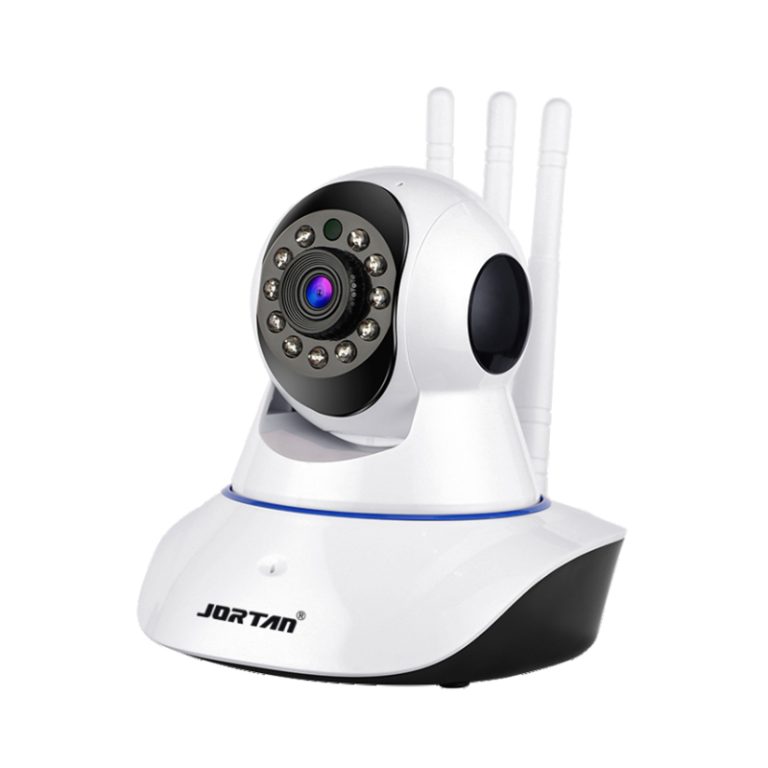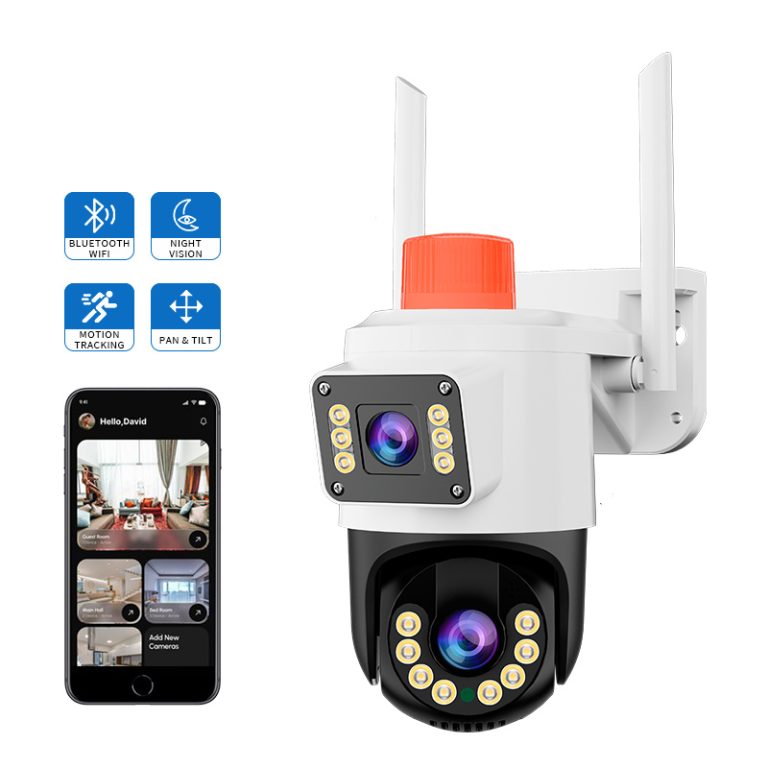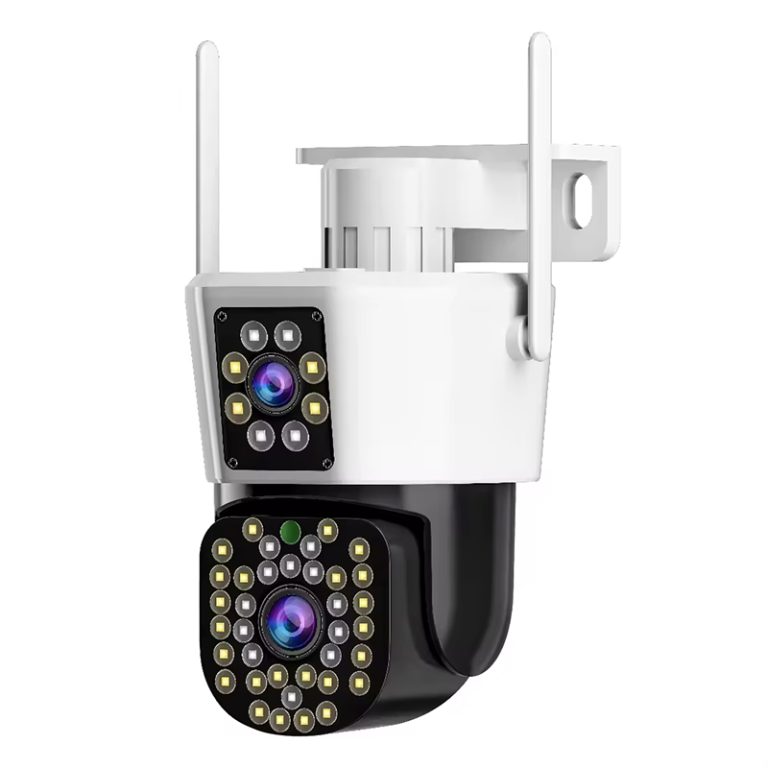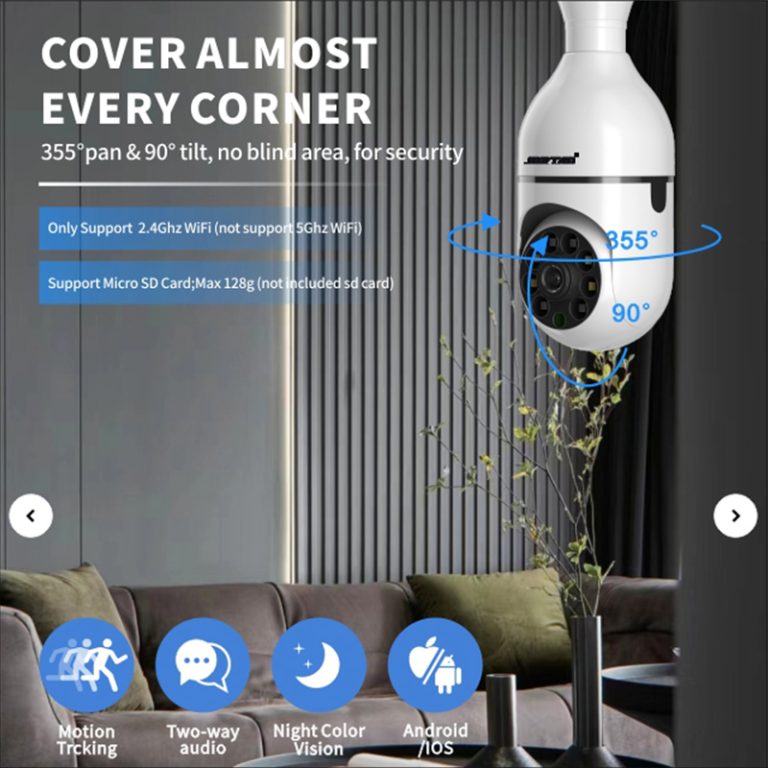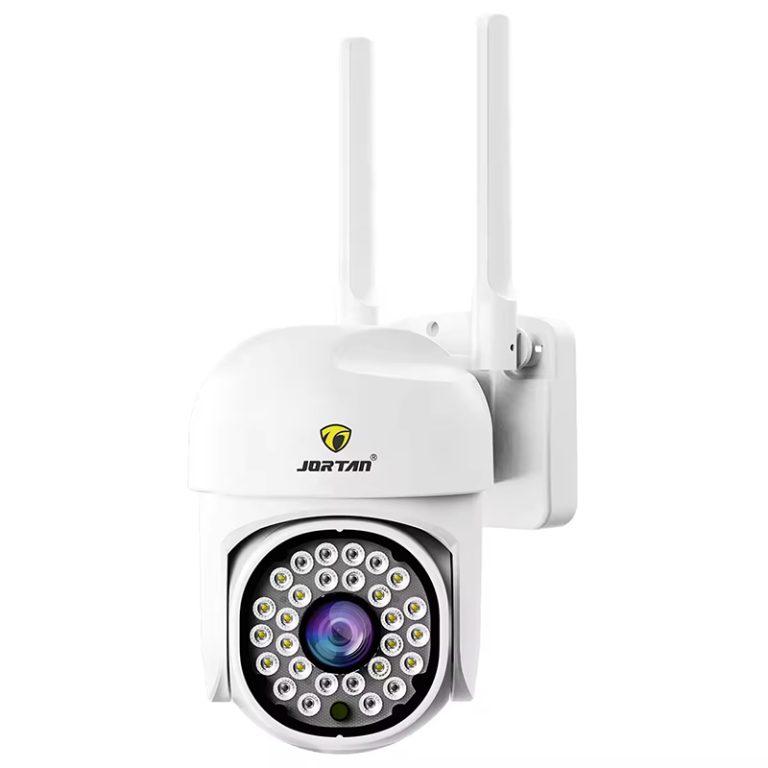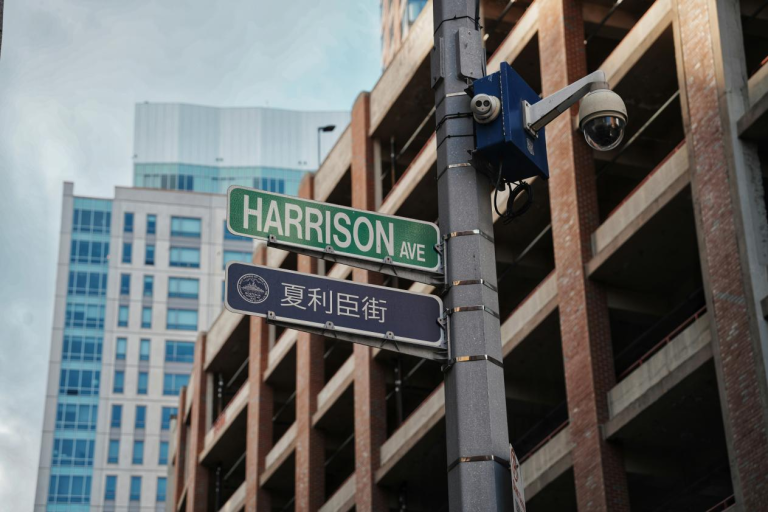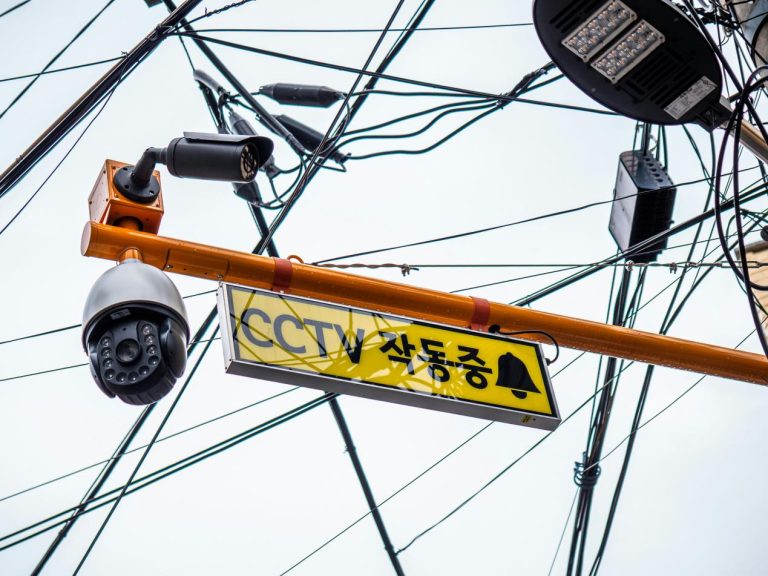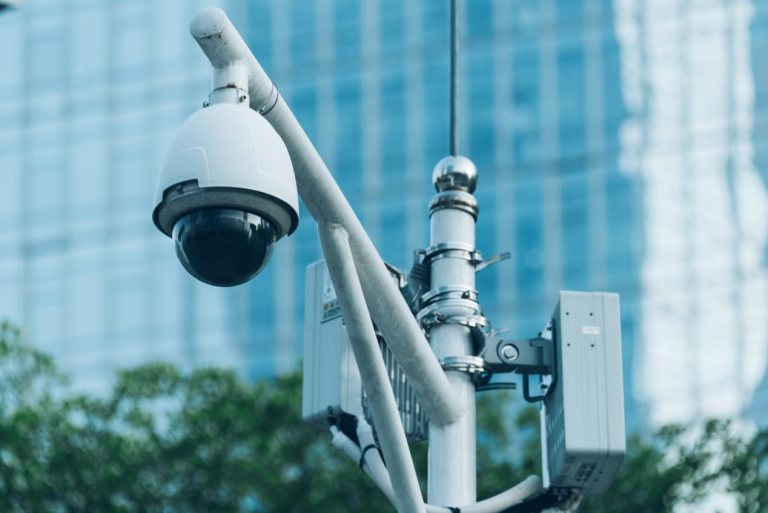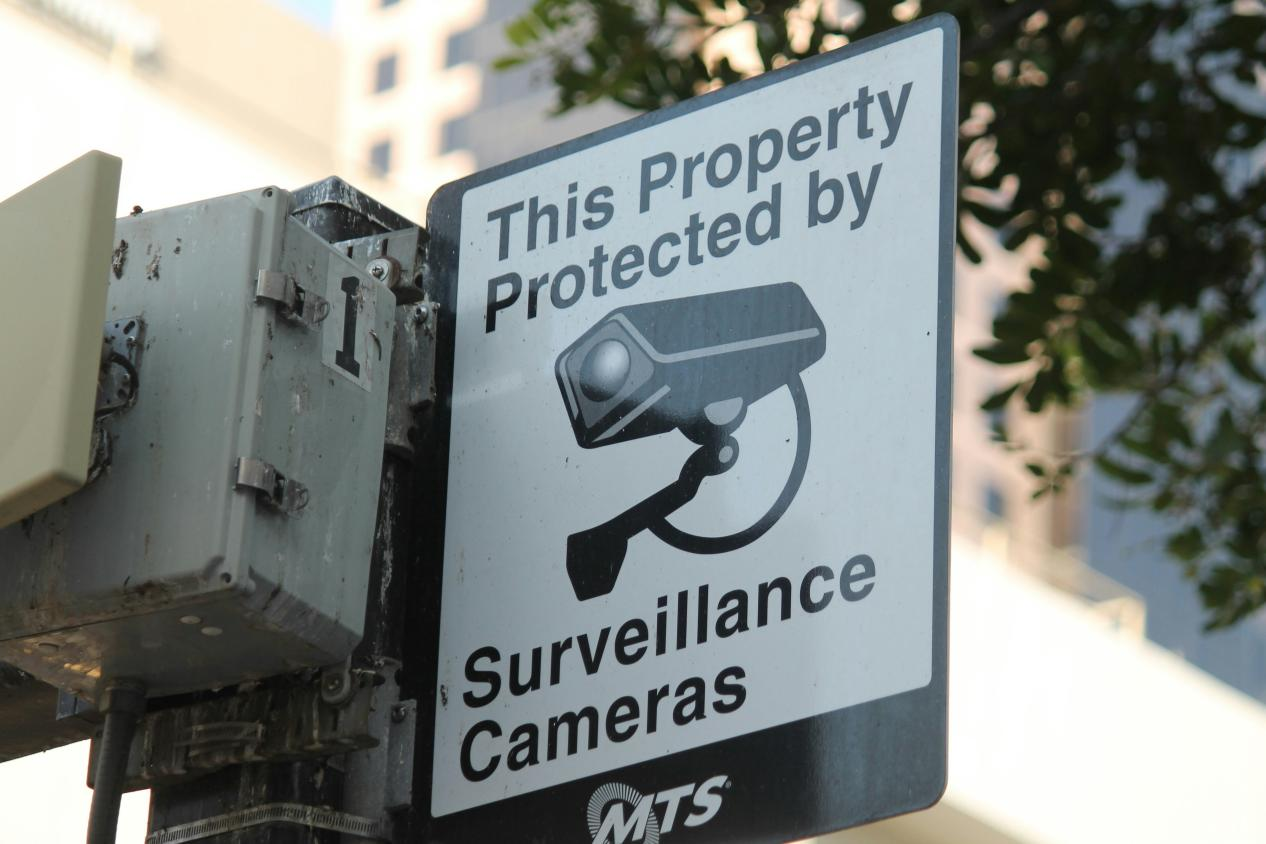
We often turn to security cameras to protect our properties. But small setup mistakes can ruin the whole plan. Picture this: you spend money on high-quality home security cameras, like an IP PTZ camera or a PTZ WiFi IP camera, but end up with blind spots or annoying false alerts. These problems upset users and leave homes at risk. With years in the field, we’ve noticed how tiny changes can make a huge impact. This guide covers four frequent errors with security cameras and shares easy, practical fixes. By the end, you’ll know how to set up your wireless pan tilt camera or best PTZ outdoor camera for solid results. Let’s jump in and make your system work better.
Mistake 1: Placing Your Camera in the Wrong Spot
One of the biggest headaches with security cameras comes from poor placement. People mount them too high, too low, or in spots that create blind areas. This leads to missed events or unclear footage. For instance, if your PTZ outdoor dome camera faces direct sunlight, backlighting washes out details. Or, if it’s too far from the action, faces appear blurry beyond 50 feet in many models.

Why Mounting Position Matters So Much
Picking the right spot gives clear, full coverage. Experts suggest placing cameras at 8-10 feet high. This prevents tampering and keeps the view sharp. We’ve seen cases where cameras watching driveways missed side doors due to bad angles. Good placement boosts features like pan-tilt-zoom in an IP PTZ camera. It makes the system stronger. Before you drill, test the spot. A quick check with the camera’s app can show weak points. Now, let’s go over simple ways to fix this.
Steps to Choose the Best Location
Start by mapping your property. Identify key areas like doors, windows, and pathways. Use the camera’s live view to check for blind spots—adjust until you see everything clearly. Avoid pointing toward windows or lights; instead, angle downward at 15-30 degrees for optimal coverage. For outdoor setups, like a PTZ WiFi IP camera, mount under eaves to shield from the weather.
In our work with clients, we’ve found that combining this with durable models pays off. Jortan’s JT-9689UQJ, a top wireless pan tilt camera, excels here with its 355° rotation and weatherproof design. It handles tough spots without losing detail, making it a solid choice for home security cameras.
Mistake 2: Ignoring Your Wi-Fi Network Strength
Wireless connections power many modern security cameras, but weak signals turn them into unreliable gadgets. Thick walls or distance from the router cause lag, dropped feeds, or failed recordings. Imagine if your best outdoor PTZ camera detected motion, but due to an unstable Wi-Fi signal, the alert was sent too late, putting your property at risk. This situation is common, as we often see families placing their router in the basement, away from their backyard cameras. This can be quite frustrating for users.
The Role of Signal Quality in Camera Performance
Strong Wi-Fi keeps footage smooth and alerts timely. Tests show that signals below -70 dBm lead to interruptions, especially for high-res video from a PTZ outdoor dome camera. Distance matters too—beyond 100 feet outdoors, interference from trees or metal can weaken it further. Checking this upfront prevents headaches down the line.
With that in mind, resolving Wi-Fi issues requires some practical checks and upgrades. Here’s how to boost your Wi-Fi setup.
Ways to Boost Your Connection
First, test signal strength at the camera site using a free app on your phone. If it’s weak, move the router closer or add extenders. For larger properties, mesh systems cover up to 5,000 square feet without drops. Also, switch to the 5GHz band for faster speeds, though it has shorter range than 2.4GHz.
Jortan’s products shine in this area. The JT-9689UQJ IP PTZ camera includes dual-band Wi-Fi support, ensuring stable links even in challenging spots. Pair it with your home security cameras for seamless integration, reducing those frustrating disconnects.
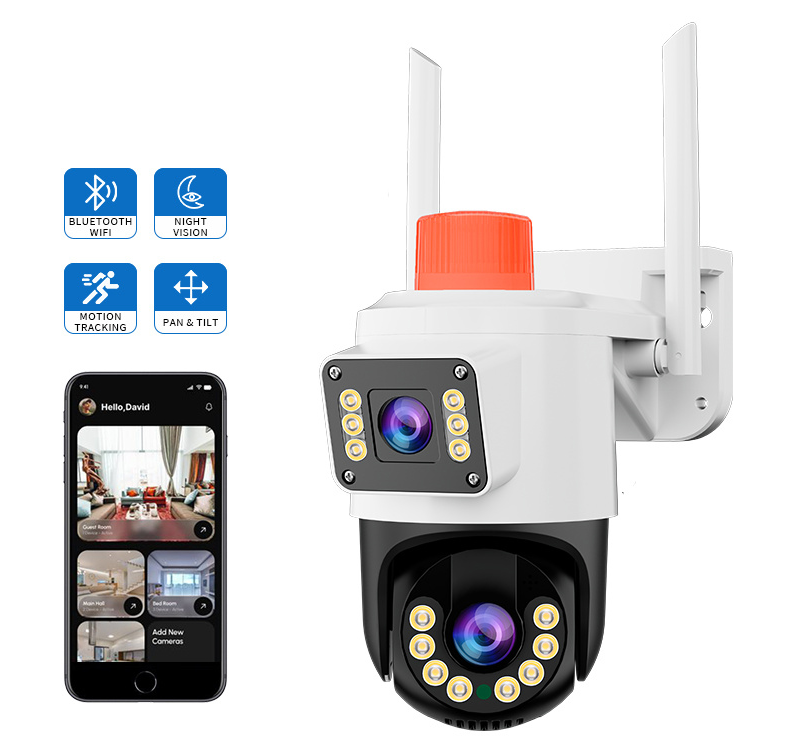
Mistake 3: Using Default Settings and Causing False Alerts
Factory settings on security cameras often trigger alerts for every leaf or passing car, flooding your phone with notifications. This sensitivity wears on users, leading them to ignore real threats. In one survey of 500 homeowners, over 60% reported turning off alerts due to overload from default motion detection.
How Default Modes Lead to Notification Overload
Most cameras detect any movement within 30 feet, without filtering for size or type. Pets, shadows, or rain can set them off, especially in a wireless pan tilt camera exposed to elements. Over time, this erodes trust in the system, as false positives outnumber genuine events. Transitioning to better practices, tweaking these settings takes just minutes but transforms usability. Let’s outline effective adjustments.
Adjusting Settings for Accurate Detection
Draw motion zones in the app to focus on specific areas, like doorways, ignoring busy streets. Lower sensitivity to medium levels—around 50% works for most PTZ WiFi IP cameras. Schedule alerts for nighttime only if daytime traffic is high. Add AI features if available, which distinguish humans from animals.
For deeper reliability, Jortan’s JT-9689UQJ stands out as the best PTZ outdoor camera with smart detection. It uses AI to cut false alerts by up to 80%, based on user feedback. Integrate it into your home security cameras for fewer interruptions and sharper focus on what matters.
Mistake 4: Forgetting About Security and Privacy Settings
Overlooking privacy features exposes your feed to hackers. Default passwords like “admin” are easy targets, and outdated firmware leaves vulnerabilities. Reports show thousands of security cameras compromised yearly, with footage leaked online.

Risks of Weak Passwords and Old Software
Simple camera credentials or even simple passwords can easily lead to data breaches, while unpatched vulnerabilities can allow remote access. For home IP PTZ cameras, this means strangers can pan, tilt, and view your home. Privacy vulnerabilities also include unencrypted data streams visible on open networks. To prepare for this, developing good habits is crucial. We’ll cover some basic steps below.
Strengthening Your Camera’s Defenses
- Change passwords to complex combinations of letters, numbers, and symbols (12+ characters).
- Enable two-factor authentication if the camera supports it.
- Update firmware monthly; most apps send reminders.
- Use a VPN for remote viewing to encrypt data streams.
Jortan’s JT-9689UQJ, a secure PTZ home camera, features end-to-end encryption and automatic updates, safeguarding your wireless pan tilt camera setup. This ensures peace of mind for your home security cameras.
Conclusion
Avoiding these four mistakes—wrong placement, poor Wi-Fi, default alerts, and lax privacy—turns your security cameras into a robust shield. Small changes, like testing spots or updating settings, yield big results. From our experience, well-set systems catch issues early and deter intruders effectively.
With over a decade of expertise, JORTAN has built a reputation for innovative, reliable security solutions. Since its founding in 2013, Jortan has grown from a 600m2 facility to a 30,000m2 industrial park, earning widespread customer praise for quality by 2022. Our JT-9689UQJ IP PTZ camera, with its crystal-clear imaging and intelligent AI features, is designed to meet your security needs.
Contact Jortan at kingjin@safejortan.com.cn for a free consultation. Let our professional team, backed by advanced R&D and a robust production chain, help you secure your home with confidence.

